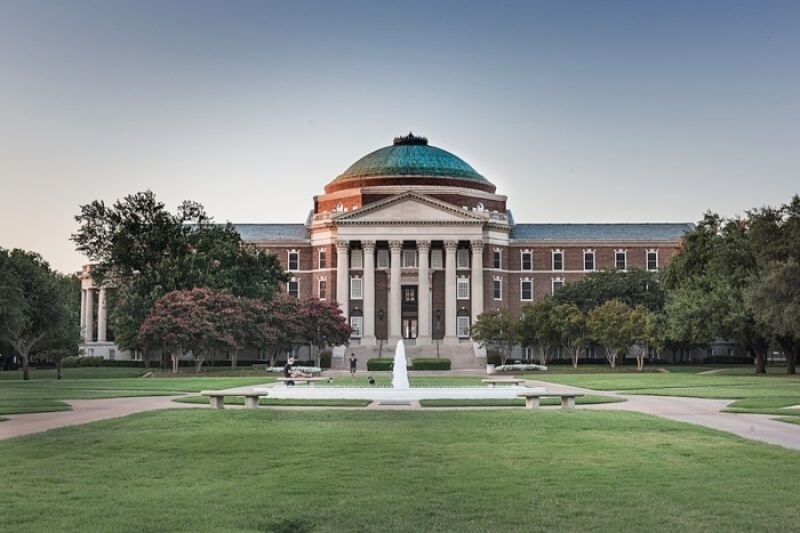
The Texas Supreme Court is set to decide whether Southern Methodist University (SMU) can sever its ties with a regional body of The United Methodist Church (UMC) due to theological differences.
In an orders list released on Friday, the state's highest court agreed, without comment, to hear arguments in the case titled “Southern Methodist University and Paul J. Ward v. South Central Jurisdictional Conference of the United Methodist Church and Bishop Scott Jones.”
The dispute dates back to February 2019, when delegates at a special session of the General Conference approved the Traditional Plan, which strengthened the prohibitions on the marriage and ordination of homosexuals, with 438 votes in favor (53.28%) and 384 votes against (46.72%).
Following this decision, SMU’s Board of Trustees asserted that they, rather than the UMC South Central Jurisdictional Conference (SCJC), were “the ultimate authority for the university.”
In December 2019, the SCJC filed a lawsuit in district court in Dallas County, claiming that SMU leadership had committed “unauthorized acts” and arguing that the regional body was intended to be the electing, controlling, and parental body of SMU.
The lawsuit contends, “The November 2019 Articles purport to divest SCJC of all its rights guaranteed by the 1996 Articles and SMU’s other governing documents and to effectively terminate the long-standing and permanent relationship between SMU and SCIC.”
The SCJC maintained, “[T]he Trustees of SMU had and have no authority to amend the Articles of Incorporation without the prior approval and authorization of SCJC. Because the Trustees’ acts were neither approved nor authorized by SCJC, the resulting November 2019 Articles are void from their inception.”
Although a Texas district judge ruled in favor of SMU in 2021 and dismissed the SCJC’s complaint, the UMC regional body decided to appeal the ruling.
In July of last year, a three-judge panel from Texas' Fifth Court of Appeals overturned the lower court's decision in favor of the SCJC, affirming that the case needs to explore whether SMU can unilaterally amend its governing documents—specifically provisions stating it is to be “forever owned, maintained and controlled” by the conference—without prior approval.
The panel acknowledged that the district court made an error by dismissing the SCJC’s breach-of-contract claim while upholding the dismissal of the claim asserting that SMU’s separation from the church represented a breach of fiduciary duty.
The panel opinion stated, “We have already determined […] that the conference has no legal or equitable title to the SMU campus under its claim of fiduciary duty and therefore affirm summary judgment on that theory of recovery.”
Oral arguments for the case have been scheduled for January 15, 2025.



















